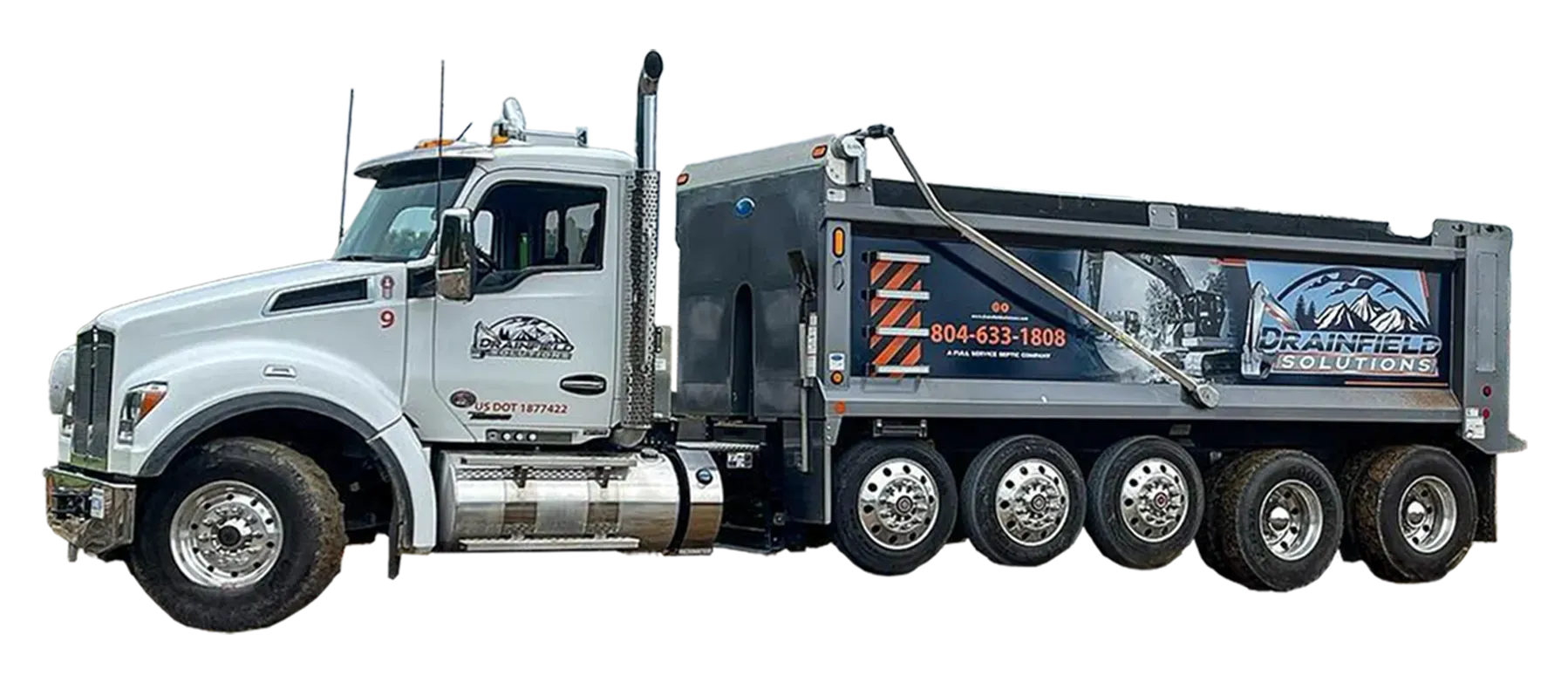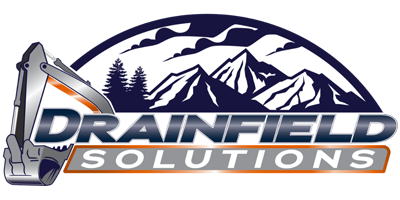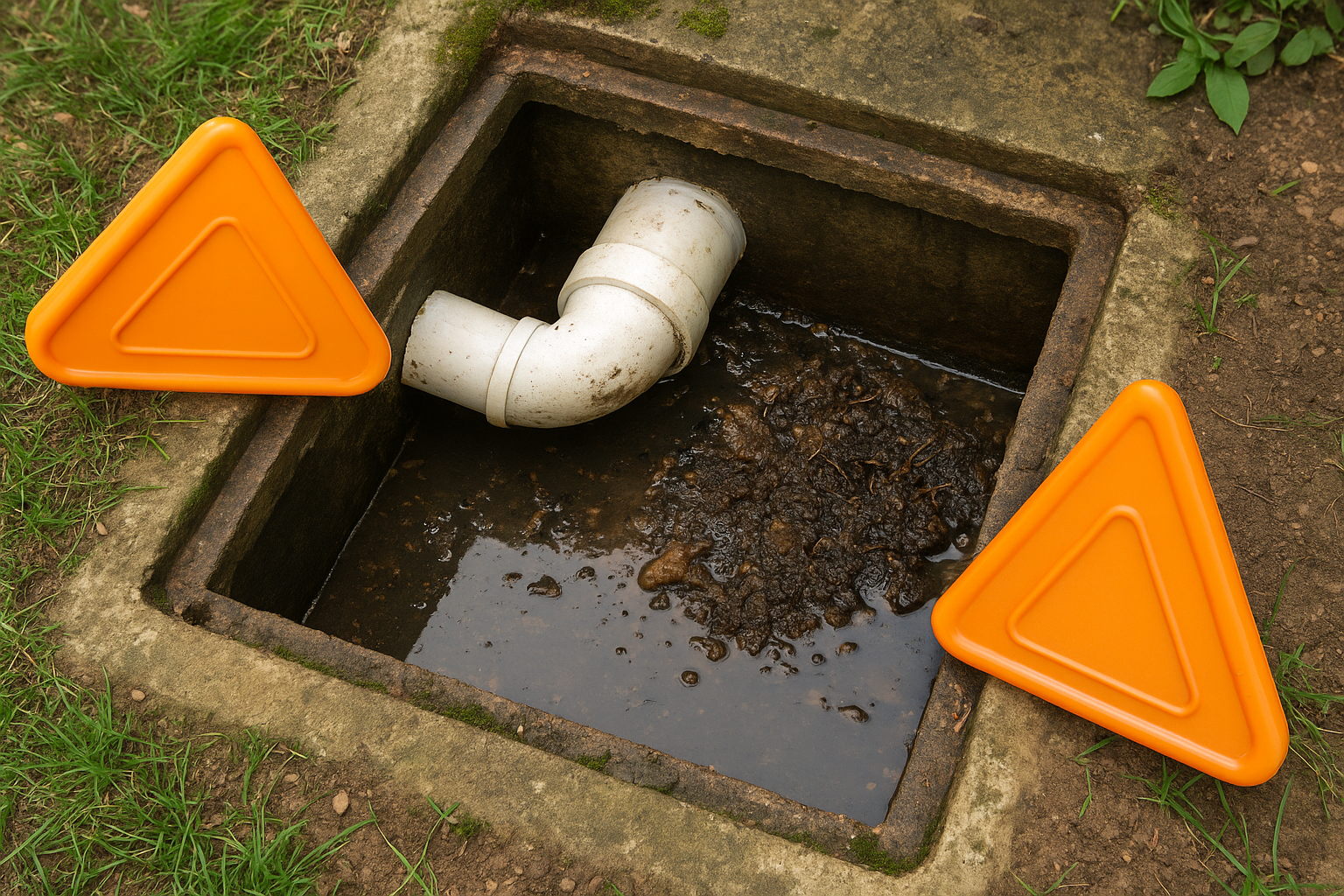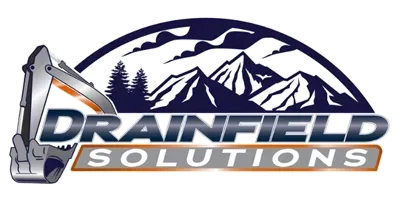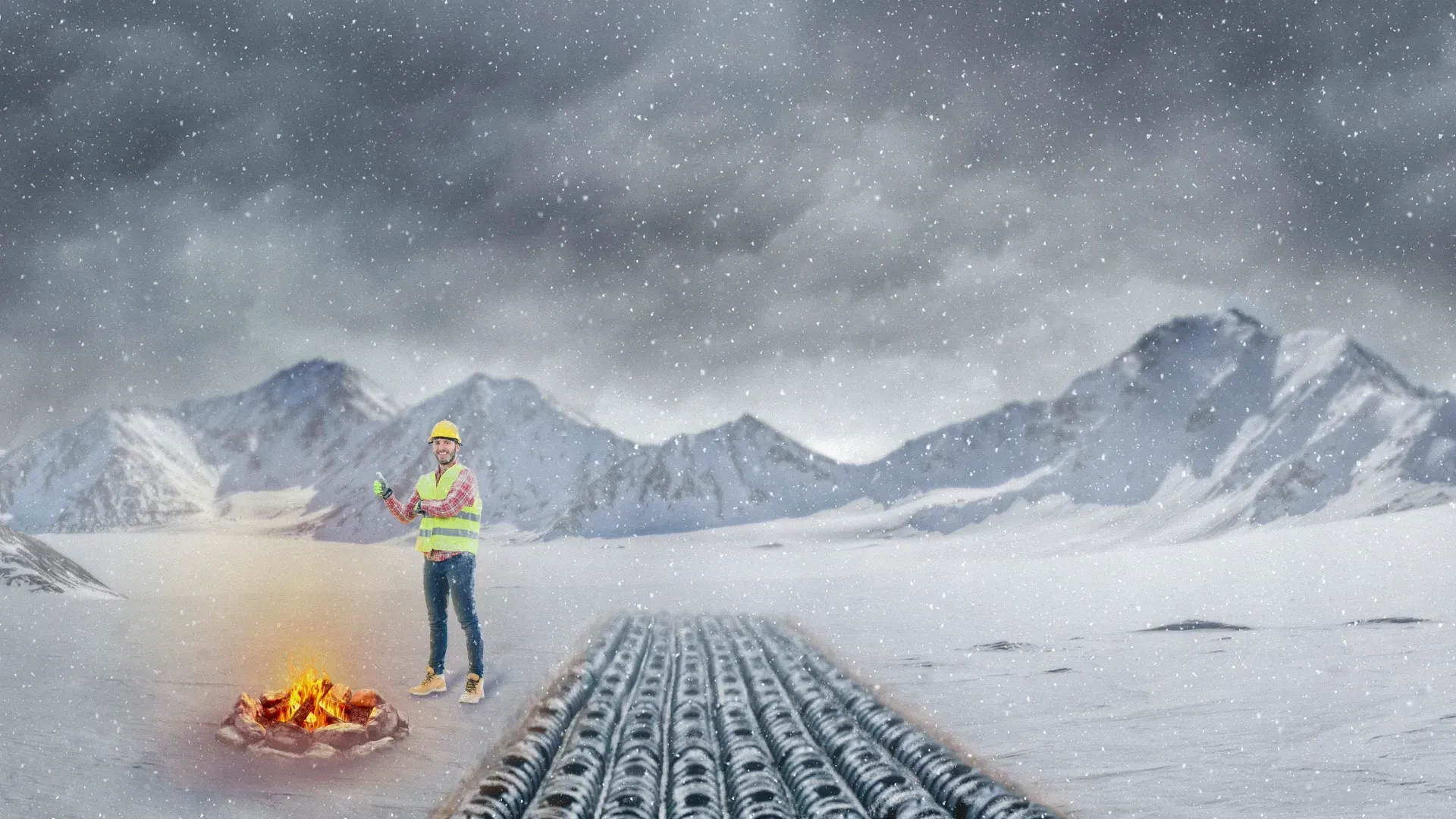
Can a Drain Field Freeze? Tips on How You Can Prevent A Frozen Drain Field
February 25, 2025
Winter can be magical—snowy landscapes, cozy fires, and hot cocoa nights. But when the magic turns into a frozen drain field or leach field, your septic system could bring that winter wonderland to a screeching halt. A frozen drain field can stop wastewater in its tracks, leading to slow drains, backups, and a whole lot of frustration.
At Drainfield Solutions, we’ve been helping homeowners keep their septic systems running smoothly for two decades. If you’re worried about your drain field freezing this winter or already dealing with the issue, here’s everything you need to know to protect your system and keep it flowing—no matter how cold it gets.
Why Do Drain Fields Freeze?
Your drain field or leach field freezes when temperatures drop low enough to freeze the water in pipes or soil. Several factors can make your drain field more vulnerable to freezing:
- Lack of Insulation: Without proper insulation, like snow, mulch, or leaves, the cold can penetrate the soil and freeze pipes.
- Low Usage: When water isn’t flowing regularly, the system doesn’t generate enough warmth to prevent freezing.
- Shallow Depth: If pipes aren’t buried deep enough below the frost line, they’re more likely to freeze.
- Compacted Snow: Packed-down snow over the drain field loses its insulating properties, allowing the cold to reach the system.
- Poor Drainage: Water pooling near the drain field can freeze and exacerbate the issue.
Understanding why drain fields freeze is the first step to keeping yours safe this winter.
Signs Your Drain Field Might Be Frozen
Before things get out of hand, watch for these signs that your drain field might be freezing:
- Slow Drains: Water taking its sweet time to leave sinks and tubs is often the first clue.
- Sewage Odors: Foul smells in your yard or inside your home signal trouble.
- Standing Water: Puddles above your drain field that won’t drain are a sure sign of an issue.
- Backups: If water or sewage is backing up into your home, your system is likely frozen.
If you notice these symptoms, it’s time to act fast before the problem worsens.
How to Prevent a Frozen Drain Field
The best way to deal with a frozen drain field is to prevent it from freezing in the first place. Follow these proactive steps to keep your system warm and working:
1. Add Insulation to Your Drain Field
Natural insulation can make a world of difference.
- Use snow, mulch, leaves, or straw as a protective layer over your drain field.
- Let grass grow longer in the fall to create an added layer of insulation.
2. Avoid Compaction
Compacted snow loses its insulating properties and lets the cold seep through.
- Limit foot and vehicle traffic over your drain field during winter.
- If snow falls naturally, let it stay fluffy to provide insulation.
Mark your drain field with visible markers to remind everyone where to avoid stepping or parking.
3. Keep the System Active
Regular water use generates warmth, keeping your pipes and soil above freezing temperatures.
- Spread out your water usage throughout the day to maintain flow.
- If you’re away for the holidays, have someone run water occasionally to keep things moving.
Pro Tip: Avoid dumping large amounts of water into the system all at once, as this can shock the system and contribute to freezing.
4. Divert Water Away
Water pooling near your drain field can freeze and worsen the problem.
- Ensure proper grading around your property to direct rain and snowmelt away from the drainfield.
- Install gutters and downspouts to move water safely away from the area.
5. Check Your System’s Depth
If you’re installing or replacing a system, make sure pipes are buried below the frost line.
- Live in Central Virginia? Consult a professional like Drainfield Solutions to verify your pipe depth and make adjustments if needed.
6. Insulate Pipes and Tanks
If accessible, consider adding insulation to exposed parts of your system.
- Wrap pipes with foam insulation sleeves.
- Insulate the lid of your septic tank to prevent freezing at the source.
Taking these preventive measures can save you from a frozen disaster.
What to Do If Your Drain Field Freezes
Sometimes, despite your best efforts, winter wins. If your drain field freezes, here’s what to do:
1. Stop Using Water Immediately
The more water you add to the system, the worse the freeze will get. Avoid running dishwashers, washing machines, or long showers and minimize water usage until the issue is resolved.
2. Try to Thaw the System
For minor freezes, you might be able to thaw the system yourself by using warm (not hot!) water to gently heat exposed pipes. You can also place a heating pad or space heater near the pipes, but avoid open flames or high heat.
3. Call for Professional Help
When in doubt, let the experts handle it. A professional septic service can safely thaw your system and repair any damage caused by the freeze. At Drainfield Solutions in Central Virginia, we use specialized tools and techniques to restore your system without causing further harm.
Why You Shouldn’t Ignore a Frozen Drain Field
Ignoring a frozen drain field is like hoping a snowstorm will shovel itself—it’s not going to happen. Left untreated, a frozen system can lead to:
- Burst Pipes: Ice expansion can crack or break your pipes.
- Sewage Backups: Untreated wastewater can back up into your home.
- Health Risks: Frozen systems can contaminate groundwater and pose health hazards.
Don’t Let Winter Freeze You Out in Central Virginia
A frozen drain field doesn’t have to ruin your winter. With the right preventive measures and a reliable team like Drainfield Solutions, you can keep your septic system running smoothly all season long.
Call us today at 804-633-1808 or visit our contact page to schedule a septic drain field inspection or consultation if you live in Bowling Green, Ruther Glen, Fredericksburg, Mechanicsville, Stafford, Falmouth, Dahlgren, King George, Mineral, or Richmond.
Let’s work together to keep your system warm, functional, and ready to handle whatever winter throws its way!
Share Post
Latest Posts
Ready to Take the Next Step?
Whether you're in need of a system inspection or regular maintenance, Drainfield Solutions is here to help. Get in touch today for reliable service you can trust.
